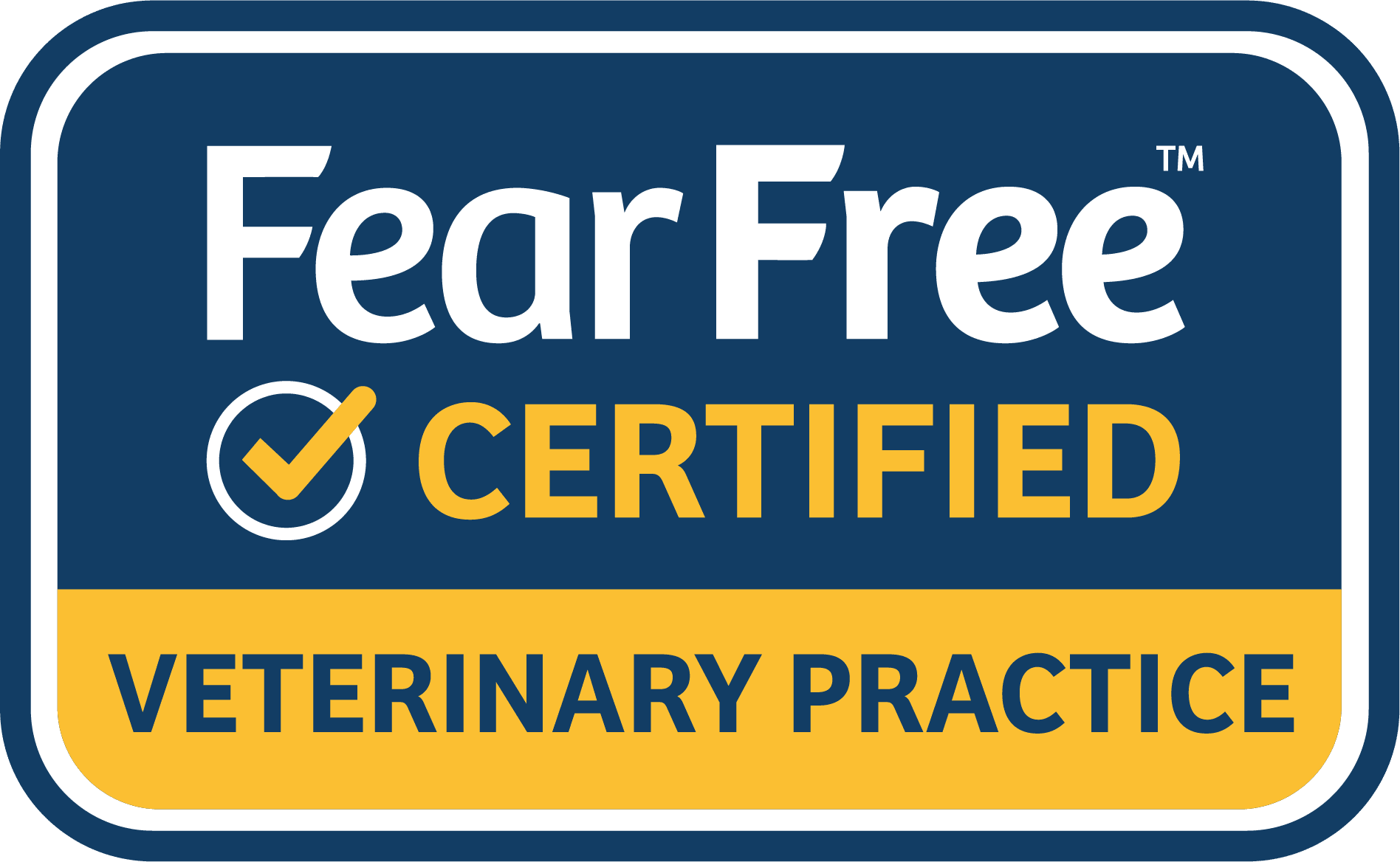Dentistry & Oral Surgery
Caring for the Oral Health of Dogs & Cats
Just as regular dental checkups are important for our own oral health, proper dental care for your furry friend plays a key role in preventing painful decay, gum disease, and related health issues. It’s an essential part of their overall preventive care.
At our veterinary hospital in Omemee, we offer a range of dental services for dogs and cats, from basics such as dental exams and teeth cleanings to dental X-rays and surgeries.
Whether your four-legged friend needs dental surgery to extract a damaged tooth or a simple preventive cleaning, Omemee Veterinary Hospital can help.
Additionally, our team is happy to share home dental care advice for your pet, including the best brushing methods and dental products we recommend for maintaining good oral health between visits.

Veterinary Dental Surgery in Omemee
If your cat or dog has an oral tumour, fractures a tooth, or develops severe tooth decay, surgery may be required. Learn what to expect during the surgical process at Omemee Veterinary Hospital.
Teeth Cleaning & Examinations
Annual dental evaluations play a crucial role in your pet's overall wellness, allowing your veterinarian to identify and address oral health problems when they're easiest to treat.
Your dog or cat's dental care will require two or more appointments, and they will typically involve the following:
-
Pre-Anesthetic Assessment
A thorough pre-anesthetic physical assessment will be completed for your pet before their dental exam.
We will analyze blood and urine samples to ensure it's safe for your pet to undergo anesthesia. Additional diagnostics, such as chest radiographs or an ECG may also be conducted to ensure your pet's safety.
-
Administering Anesthesia
All patients undergoing dental procedures must be anesthetized. This ensures the safety of our veterinary team and of your pet, and allows our veterinarians to do a thorough exam, clean, and get any X-rays safely.
-
Oral Examination & Cleaning
Once your pet is under anesthesia, we will conduct a complete, tooth-by-tooth, oral examination and charting. Your cat or dog's teeth will cleaned and polished (including under the gum line) and X-rays may be taken.
If any oral health concerns are discovered, the veterinarian will develop a custom treatment plan, which may include dental surgery.
-
Follow-up Exam & Home Care
Your veterinarian may recommend a follow-up examination to be scheduled for two weeks after the initial appointment.
During this visit, our team will discuss any concerns found during your pet's exam and provide advice on at-home care for their teeth.
FAQs About Pet Dental Care
To learn more about dental care for your dog or cat, read through our answers to these frequently asked questions from our clients.
-
Why do pets need their teeth cleaned?
Dogs and cats can develop periodontal disease or tooth decay, just like humans can, as a result of poor oral hygiene. When your pet eats, plaque forms on their teeth and can harden into tartar if not removed regularly.
Regular veterinary dental care can help prevent dental conditions such as periodontal disease, tooth decay, and even loose or missing teeth, preserving your pet's overall oral health.
-
How often does my pets need their teeth cleaned?
We recommend that most dogs and cats see a veterinarian for a dental checkup once a year. However, some pets are more prone to dental problems than others and may require more frequent appointments.
-
How can I tell if my pet has oral hygiene issues?
Pets experiencing dental problems may show one or more of the following signs:
- Excessive drooling (may contain pus or blood)
- Pawing at their mouth or teeth
- Repeated yawning or teeth grinding
- Reduced grooming
- Dropping food from their mouth while eating
Other signs of oral health problems include bad breath, swollen gums, and tooth discolouration. Some pets may even even stop eating if their teeth are hurting.
-
What long-term problems can poor oral health potentially cause in my pet?
As well as causing problems such as cavities, bad breath and periodontal disease, oral health issues may lead to disease in the liver, kidney, heart, and other areas throughout your pet's body as infection moves from their teeth through their bloodstream.
-
What should I do at home to keep my pet’s teeth clean between dental appointments?
Regular teeth brushing and dental chew toys can help reduce plaque accumulation in your pet's mouth. For more advice on maintaining your dog or cat's dental health between checkups, consult with your veterinarian.
-
Why does my pet require anesthesia for their dental appointment?
Cats and dogs can’t understand what’s happening during a dental procedure, which makes it unsafe to perform while they’re awake.
Anesthesia allows us to thoroughly and safely clean below the gum line, take dental X-rays, and perform any necessary extractions without causing stress, pain, or risk of injury to your pet or our team.
-
What dental issues may require dental surgery as treatment?
Dental health issues which may require dental surgery include:
- Cracked or Broken Teeth
- Tooth Decay
- Severe Gum Disease (Periodontitis)
- Jaw Fractures
- Temporomandibular Joint (TMJ)
- Luxation
- Dysplasia Feline Stomatitis.
New Patients Welcome
Omemee Veterinary Hospital is accepting new patients! Our team of veterinarians are passionate about the health cats and dogs. Get in touch today to request an appointment.
Contact
Hours
-
Click to View
- Monday:08:00 am - 06:00 pm
- Tuesday:08:00 am - 07:00 pm
- Wednesday:08:00 am - 06:00 pm
- Thursday:08:00 am - 07:00 pm
- Friday:08:00 am - 06:00 pm
- Saturday:Closed
- Sunday:Closed

